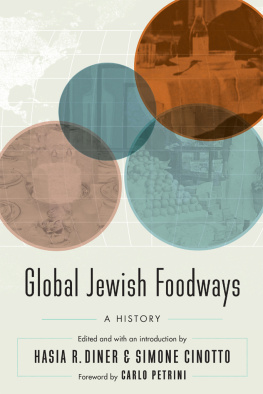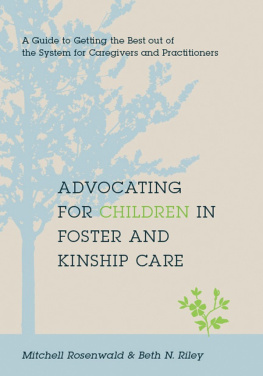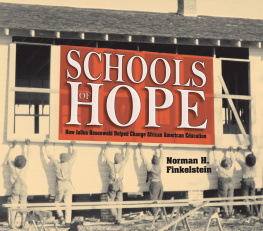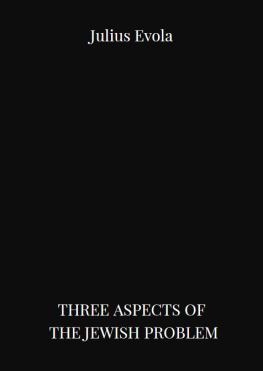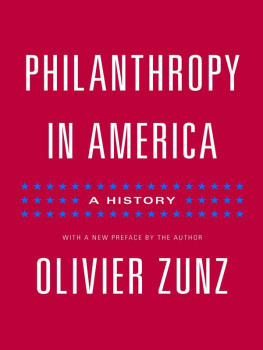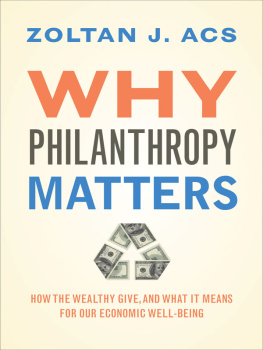Hasia R. Diner - Julius Rosenwald: Repairing the World
Here you can read online Hasia R. Diner - Julius Rosenwald: Repairing the World full text of the book (entire story) in english for free. Download pdf and epub, get meaning, cover and reviews about this ebook. year: 2017, publisher: Yale University Press, genre: Home and family. Description of the work, (preface) as well as reviews are available. Best literature library LitArk.com created for fans of good reading and offers a wide selection of genres:
Romance novel
Science fiction
Adventure
Detective
Science
History
Home and family
Prose
Art
Politics
Computer
Non-fiction
Religion
Business
Children
Humor
Choose a favorite category and find really read worthwhile books. Enjoy immersion in the world of imagination, feel the emotions of the characters or learn something new for yourself, make an fascinating discovery.

- Book:Julius Rosenwald: Repairing the World
- Author:
- Publisher:Yale University Press
- Genre:
- Year:2017
- Rating:4 / 5
- Favourites:Add to favourites
- Your mark:
Julius Rosenwald: Repairing the World: summary, description and annotation
We offer to read an annotation, description, summary or preface (depends on what the author of the book "Julius Rosenwald: Repairing the World" wrote himself). If you haven't found the necessary information about the book — write in the comments, we will try to find it.
From the prizewinning Jewish Lives series, the portrait of a humble retail magnate whose visionary ideas about charitable giving transformed the practice of philanthropy in America and beyond
Julius Rosenwald (18621932) rose from modest means as the son of a peddler to meteoric wealth at the helm of Sears, Roebuck. Yet his most important legacy stands not upon his business acumen but on the pioneering changes he introduced to the practice of philanthropy. While few now recall Rosenwalds namehe refused to have it attached to the buildings, projects, or endowments he supportedhis passionate support of Jewish and African American causes continues to influence lives to this day.
This biography of Julius Rosenwald explores his attitudes toward his own wealth and his distinct ideas about philanthropy, positing an intimate connection between his Jewish consciousness and his involvement with African Americans. The book shines light on his belief in the importance of giving in the present to make an impact on the future, and on his encouragement of beneficiaries to become partners in community institutions and projects. Rosenwald emerges from the pages as a compassionate man whose generosity and wisdom transformed the practice of philanthropy itself.
About Jewish Lives:
Jewish Lives is a prizewinning series of interpretative biography designed to explore the many facets of Jewish identity. Individual volumes illuminate the imprint of Jewish figures upon literature, religion, philosophy, politics, cultural and economic life, and the arts and sciences. Subjects are paired with authors to elicit lively, deeply informed books that explore the range and depth of the Jewish experience from antiquity to the present.
In 2014, the Jewish Book Council named Jewish Lives the winner of its Jewish Book of the Year Award, the first series ever to receive this award.
More praise for Jewish Lives:
Excellent New York Times
Exemplary Wall Street Journal
Distinguished New Yorker
Superb The Guardian
Hasia R. Diner: author's other books
Who wrote Julius Rosenwald: Repairing the World? Find out the surname, the name of the author of the book and a list of all author's works by series.

